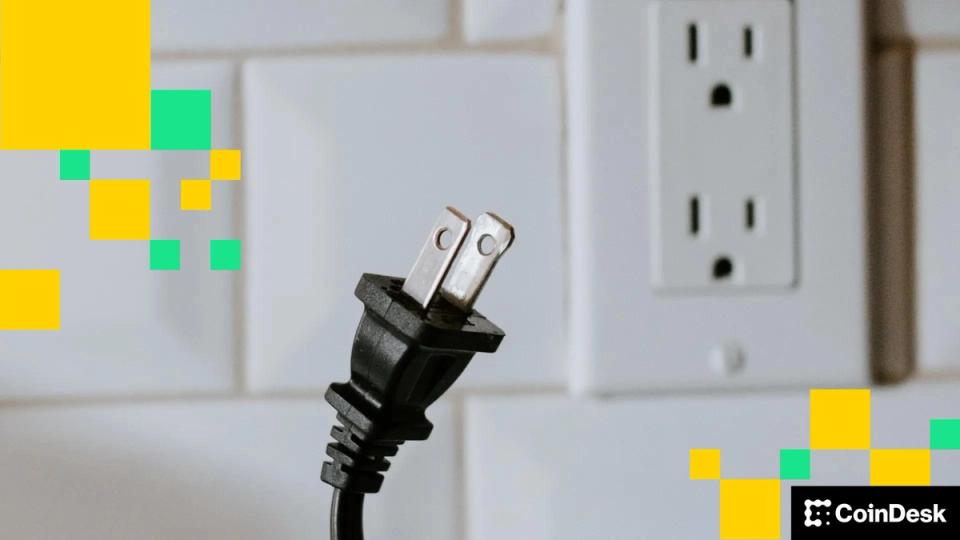Cloudflare experienced a major outage on Tuesday that resulted in widespread service outages across thousands of websites and applications.
Several large centralized crypto services rely on Cloudflare to handle heavy traffic. BitMEX faced an outage, while there was also significant downtime for the Telegram-linked Toncoin blockchain. But the outage extended beyond crypto, with platforms like X or ChatGPT also down, affecting millions of people.
This episode comes just weeks after Amazon Web Services (AWS) experienced an outage that removed access to major blockchains like Coinbase’s Base chain as well as Infura which powers many blockchains.
Tuesday’s outage reignited debate over the need to decentralize infrastructure to keep the Internet running.
“Today’s Cloudflare outage highlights how vulnerable the digital economy has become. When a single upstream provider experiences issues, the impact doesn’t stay contained; it ripples across industries, affecting everything from social media platforms to e-commerce checkouts and back-end payment services,” said Fadl Mantash, chief information security officer at Tribe Payments, in an email to CoinDesk.
“Payments are particularly exposed. The infrastructure behind a single transaction relies on a chain of cloud platforms, processors, third-party APIs, authentication tools and card systems. When one link in this chain breaks down, the entire journey can be disrupted,” Mantash added.
Some in the crypto world have called for DePIN to be more widely adopted to combat these issues. DePIN, or Decentralized Physical Infrastructure Networks, uses blockchain incentives to coordinate and reward people who build and maintain real-world infrastructure. This can range from wireless networks to sensors to energy systems, the aim being to not depend on a central company. Users thus contribute hardware or services and earn tokens in return, creating an open, community-managed infrastructure layer.
One such leader pushing this is the CEO of Gaimin, a DePIN project focused on cloud infrastructure distribution. Nökkvi Dan Ellidason said: “We need to move to a truly distributed cloud model. By leveraging existing globally dispersed resources, like underutilized PCs, Gaimin is building a network where capacity is distributed across regions and continents, making it difficult for the entire global system to be destroyed by a single mistake.”
“This is the only way to protect the digital economy against the inevitable fragility of centralization,” added Dan Ellidason.
Read more: Cloudflare’s global outage spreads to crypto; Multiple frontals down




